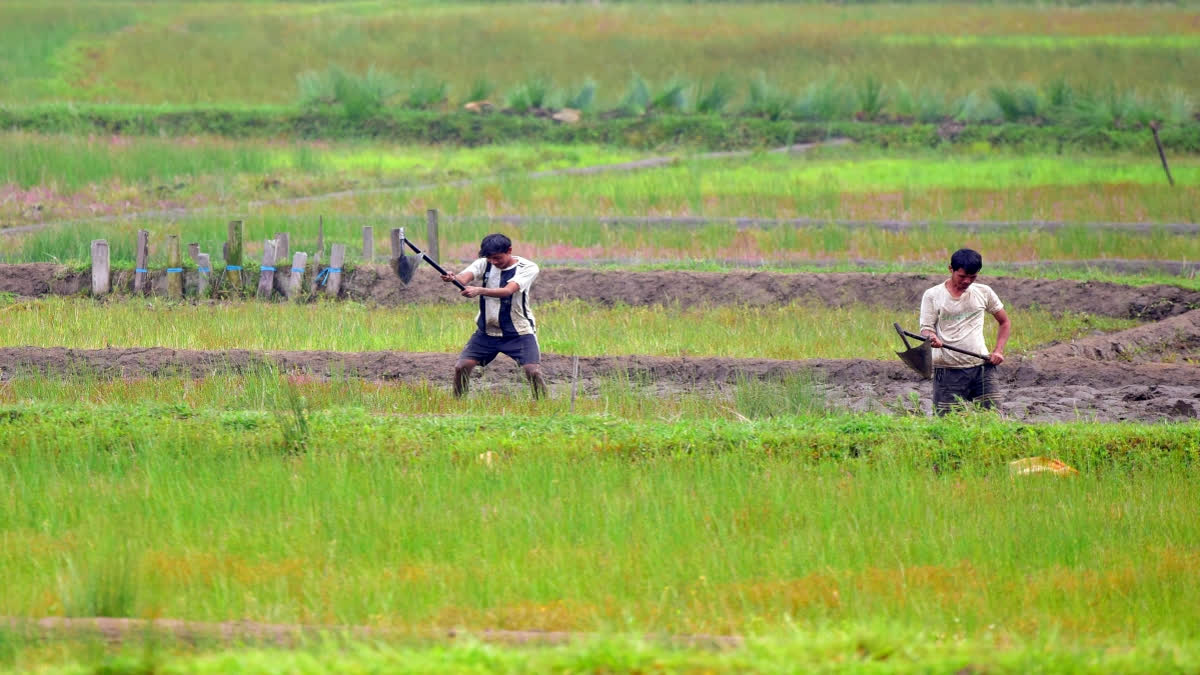Panipat: India cannot become a developed nation by 2047 with 'backward agriculture', the head of German chemicals giant Bayer's South Asia operations said, as he praised the government's efforts to modernize the farm sector. "You don't become a developed nation with backward agriculture," Simon Wiebusch, president of Bayer South Asia, told PTI in an interview.
"Many initiatives we hear from the new government are clearly focused on modernizing Indian agriculture," he said. Wiebusch said India was increasingly digitizing regulatory processes and prioritizing innovative compounds, though he noted this transformation "doesn't happen overnight".
On regulatory delays, he said: "We do see now a discussion around prioritizing and fast-tracking new innovative compounds. That's a clear sign that what we might have seen in the past is not what we'll see in the future."
Wiebusch, Country Divisional Head of Crop Science for Bayer South Asia, said the company is ramping up its focus on herbicides in India, responding to a growing labour shortage in agriculture that has become more acute since the COVID-19 pandemic.
He said investment in herbicides is currently outpacing insecticides in India right now."We're looking at a labour shortage in agriculture in India, which means we need more herbicides to deal with weeds you are talking about (like Cyperus Rotundus, Cynodon Dactylon and Phalaris Minor)," Wiebusch said.
He noted that while existing herbicides are still effective in India due to historically low usage, the company is preparing for future challenges as weeds develop resistance. Bayer plans to develop herbicides targeting specific weeds in key crops like paddy, wheat, sugarcane, and maize.
However, Wiebusch cautioned that some advanced herbicide-tolerant technologies used in other countries are not yet available or suitable for the Indian market. The company is expanding its pipeline in corn herbicides and exploring solutions for direct-seeded rice (DSR) systems.
"We will be coming with pre-emergent corn herbicides as well as early post-emergent ones. With the move towards DSR systems, we need a better suite of herbicides to deal with potential rice weeds," Wiebusch explained. Discussing the growing importance of DSR in India, Wiebusch emphasized that its adoption is driven by necessity rather than promotion.
